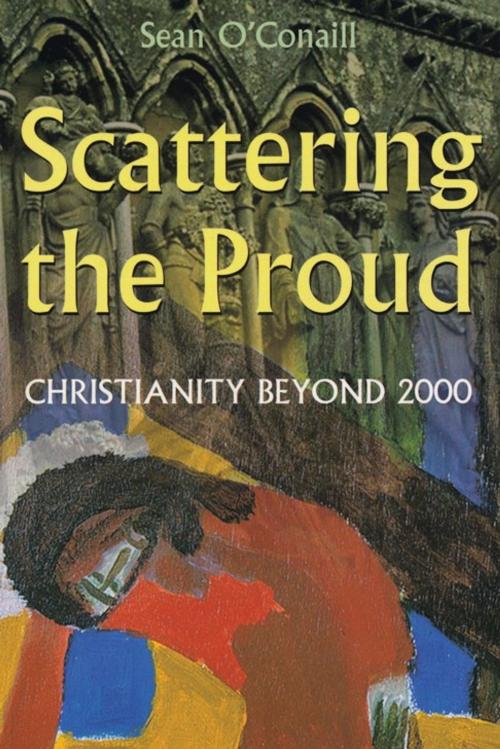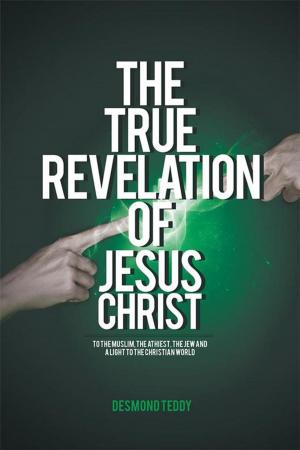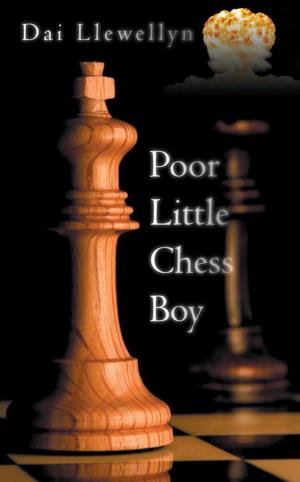Scattering the Proud
Christianity Beyond 2000
Nonfiction, Religion & Spirituality, Christianity, General Christianity| Author: | Sean O'Conaill | ISBN: | 9781468585599 |
| Publisher: | AuthorHouse UK | Publication: | July 12, 2012 |
| Imprint: | AuthorHouse UK | Language: | English |
| Author: | Sean O'Conaill |
| ISBN: | 9781468585599 |
| Publisher: | AuthorHouse UK |
| Publication: | July 12, 2012 |
| Imprint: | AuthorHouse UK |
| Language: | English |
In this radically original and optimistic reflection on the future of Christianity in the Western world, Sean OConaill starts from the conviction that the life, ministry, and death of Jesus of Nazareth were a deliberate reversal of the human heroic journey to adulation and influence, which has caused violence, tyranny, and injustice in all epochs. He did not identify with, or seek to emulate, the powerful and the influential; he sought out the outcasts and taught that every person was of equal worth in the eyes of God. In the end, he exalted the person who was most despisedthe victimby accepting an ignominious death. OConaill argues that, even since the earliest times, Jesuss followers have been tempted to rejoin the upward journey toward power and influencea journey which inevitably creates pyramids of esteem or hierarchies of respect, which glorify individuals and elites at the expense of majorities. The development of the relationship between Christianity and the political establishment, in the fourth century, soon associated Christ himself with coercion and led, in the end, to the schisms between East and West, Protestant and Catholic, and between Christianity and liberal secularism. It is also at the root of the silent schism within the Catholic church today. The future of Christianity then lies in its willingness to abandon this upward journey and to return to the essence of the gospel message, not only institutionally, but personally in the lives of all Christians. This return to a countercultural stance will aim to raise the disadvantaged and to secure the future of the global family and its environment.
In this radically original and optimistic reflection on the future of Christianity in the Western world, Sean OConaill starts from the conviction that the life, ministry, and death of Jesus of Nazareth were a deliberate reversal of the human heroic journey to adulation and influence, which has caused violence, tyranny, and injustice in all epochs. He did not identify with, or seek to emulate, the powerful and the influential; he sought out the outcasts and taught that every person was of equal worth in the eyes of God. In the end, he exalted the person who was most despisedthe victimby accepting an ignominious death. OConaill argues that, even since the earliest times, Jesuss followers have been tempted to rejoin the upward journey toward power and influencea journey which inevitably creates pyramids of esteem or hierarchies of respect, which glorify individuals and elites at the expense of majorities. The development of the relationship between Christianity and the political establishment, in the fourth century, soon associated Christ himself with coercion and led, in the end, to the schisms between East and West, Protestant and Catholic, and between Christianity and liberal secularism. It is also at the root of the silent schism within the Catholic church today. The future of Christianity then lies in its willingness to abandon this upward journey and to return to the essence of the gospel message, not only institutionally, but personally in the lives of all Christians. This return to a countercultural stance will aim to raise the disadvantaged and to secure the future of the global family and its environment.















